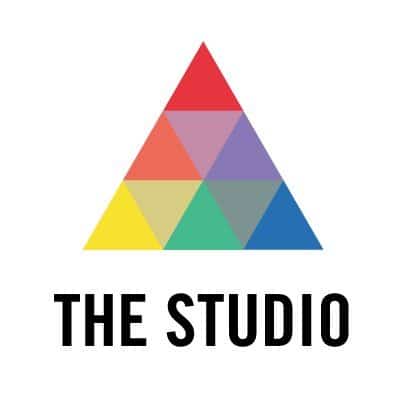I’m not a “tech” person. Naturally, computers (amongst other software and gadgets) make up a normal part of my day-to-day routines, and while I feel perfectly comfortable “tinkering” around with new gadgets and programs, the language of code and other seemingly mysterious components of the “digital” in academia elude me. No, I study stories; I study fiction, culture, and history.
Currently, I’m working and teaching my way through the PhD program in English literature. My dissertation focuses on fictional characters that don’t seem “fit in” in Victorian society in the last few decades of the 19th century.
So, why am I here? Why am I spending my summer in the Digital Scholarship and Publishing Studio? For help, of course! I’m working with Digital Humanities and Instruction Librarian, Nikki White, to map geographical references and events from the literature I examine in my dissertation. White more than supplements my digital-inadequacies; however, when it comes to structuring and organizing my data for Memory and Metropole (my mapping project), I’m still “tinkering” my way through Omeka and Neatline, trying to figure out what will work best for me. It’s so easy to feel lost in a massive project like this one. Playing with and learning new methods can be time consuming and feel a little counter productive. There are people here to help, but I need to work through some issues on my own. I’m still figuring out when to work through a problem alone and when to ask for help.
So far, I’ve found it helpful to write down goal, questions, and skills that I’m struggling with and share them at my weekly meetings with White. At our first meeting, we figured out what she could do (short term), what we would work on together over the following week or two, what need additional development before being addressed (long term: e.g. navigation, layout), and what I could learn or investigate on my own (e.g. html coding, appearance preferences, short-code, plugins, etc.). This was helpful, but not necessarily in the way I assumed it would be. I think that I am most motivated by the last: what I could–and should–do on my own.
Since then, I’ve been trying to familiarize myself with the shortcodes for Omeka. My current conundrum: I cannot figure out how to link a specific collection in Omeka to a specific description on one of my simple pages titled, “Collection Description.” Nikki suggested that try to find ways (outside the provided codex) to display more information about each collection through the shortcode. Then, rather than trying to link a typed paragraph description to the shortcode for a specific collection, the description world be contained within the collection image and link. With this alteration, I could simply use the general shortcode for all collections, [collection] and the paragraph description would be included on the page. This seemed like the easiest and simplest method. I haven’t sorted this issue out, but at least I have a direction for my tinkering!
I also figured out how to do hanging indents in my Omeka records. This sounds mundane, but I’m a stickler for details and the left indent for all of my citations was driving me a little insane. All I had to do was google html code for hanging indents and look for the one that looked the easiest to imitate. Seems simple and obvious, but it was really helpful to know I could figure out simple tasks like this for myself. Here is an example of the code I used in the “Source” box of my item:
<div style=”padding-left: 1.5em; text-indent: -1.5em;”>
You can adjust the margins to suit your preference. The example I adapted set the margins at 4, but I preferred 1.5 for the smaller displays I use on Omeka and Neatline. Check out the results:
Mathilde, Blind. Mathilde Blind: Late-Victorian Culture and Woman of Letters. University of Virginia, 2016.
The learning curve for this summer fellowship hasn’t been steep in terms of skills (for my project), but it has challenged my methods and learning style. I like investigating new techniques and new skills, but I can’t work on this project alone. I have to ask for advice and help. Touching base regularly with White, my “point-person,” has been a crucial component of my summer work. I try to have clear notes and an agenda for our meetings in the hope that updating my goals and queries will help me stay on track through new aspects of the project–and “tinker” in the most effective direction.
